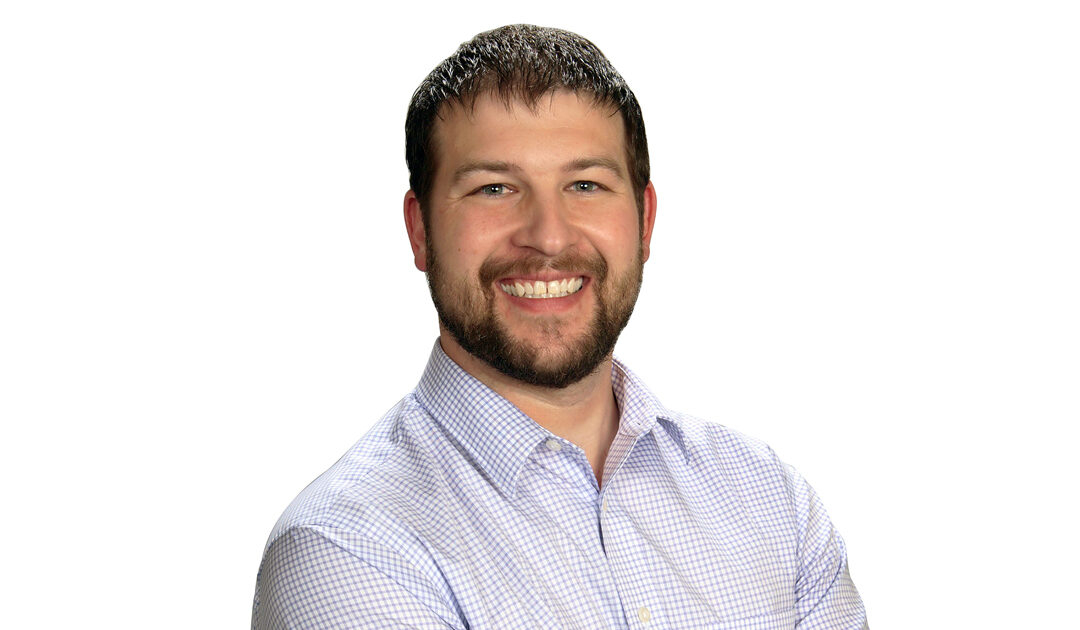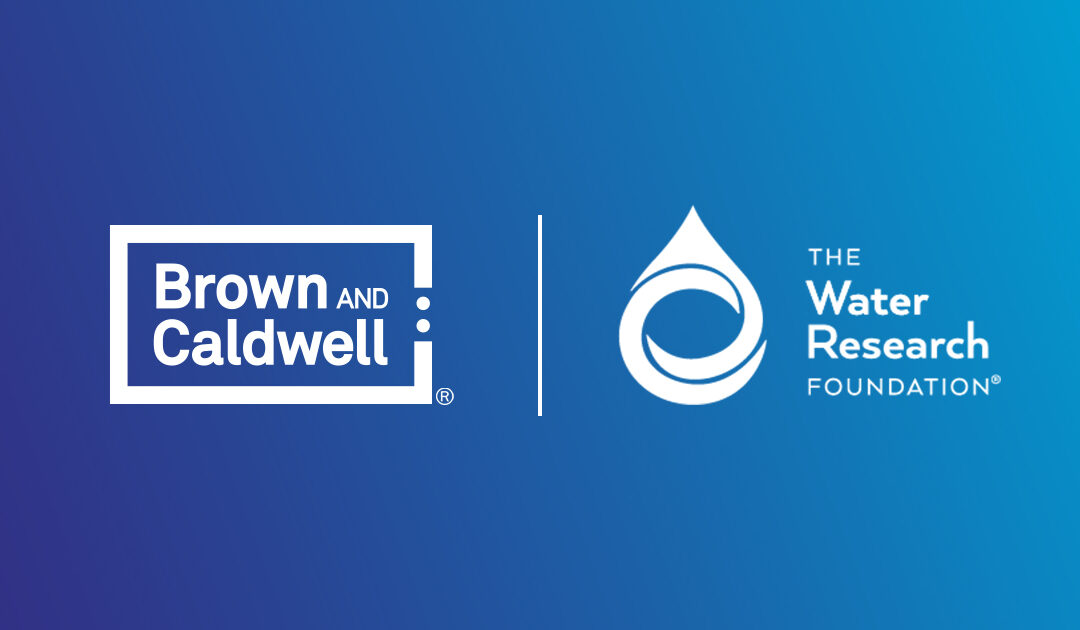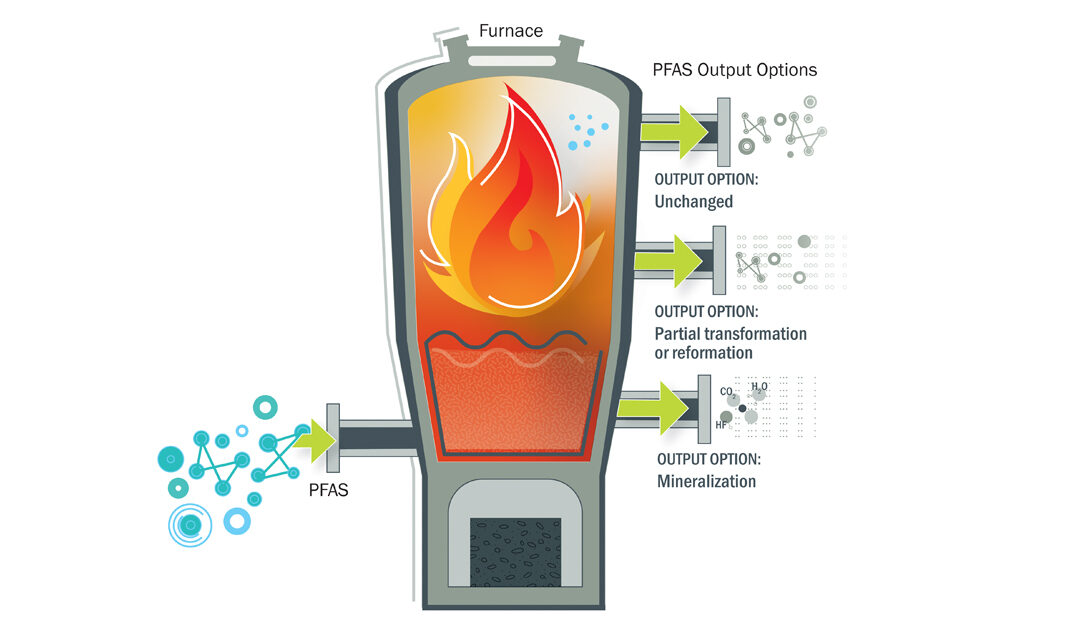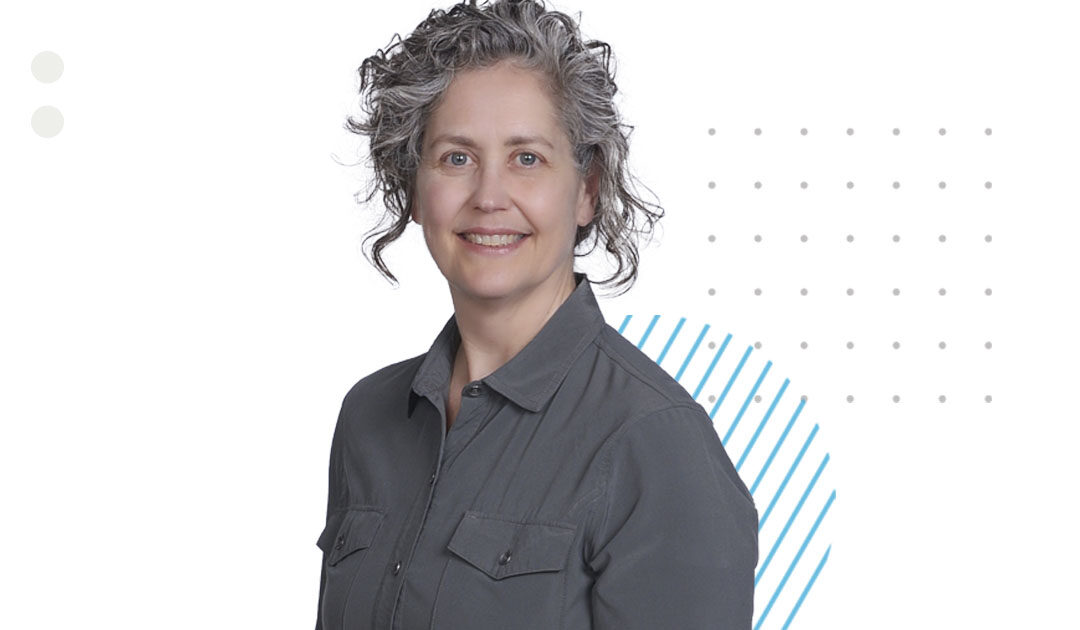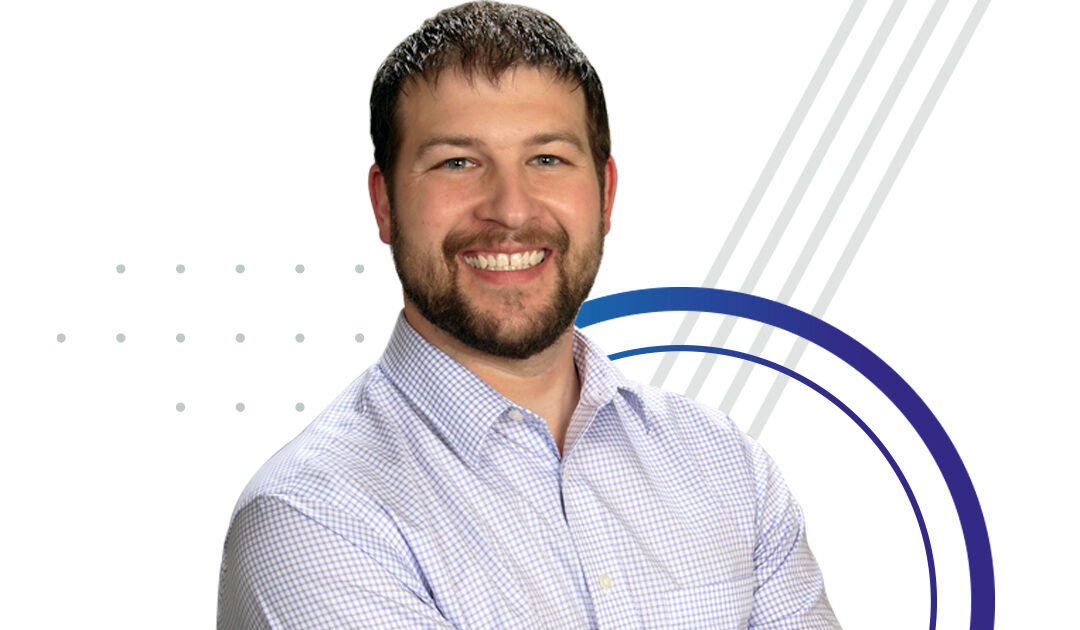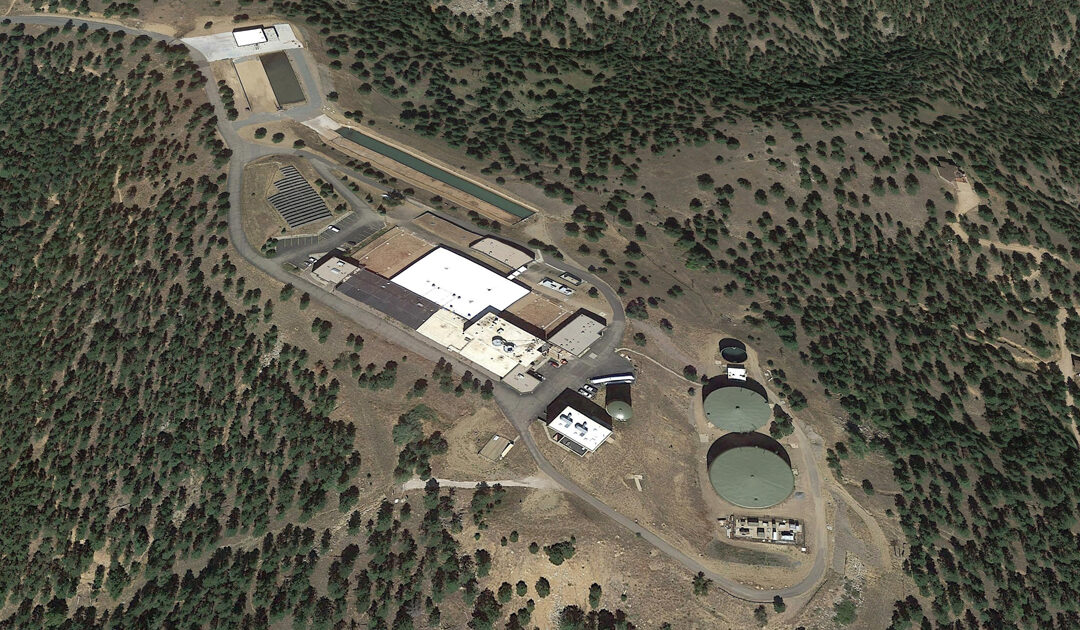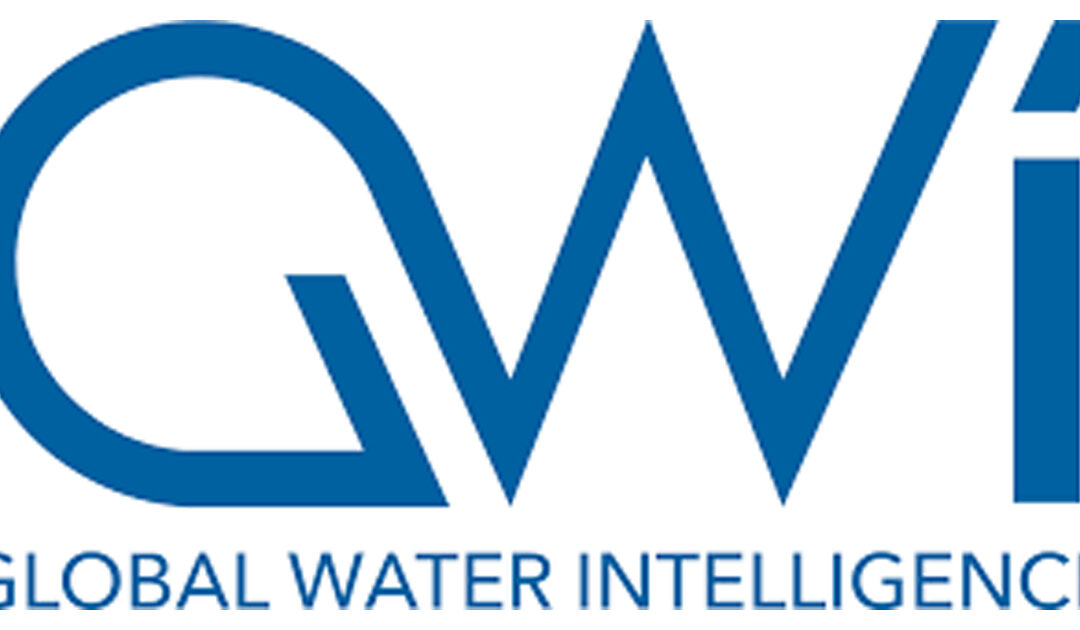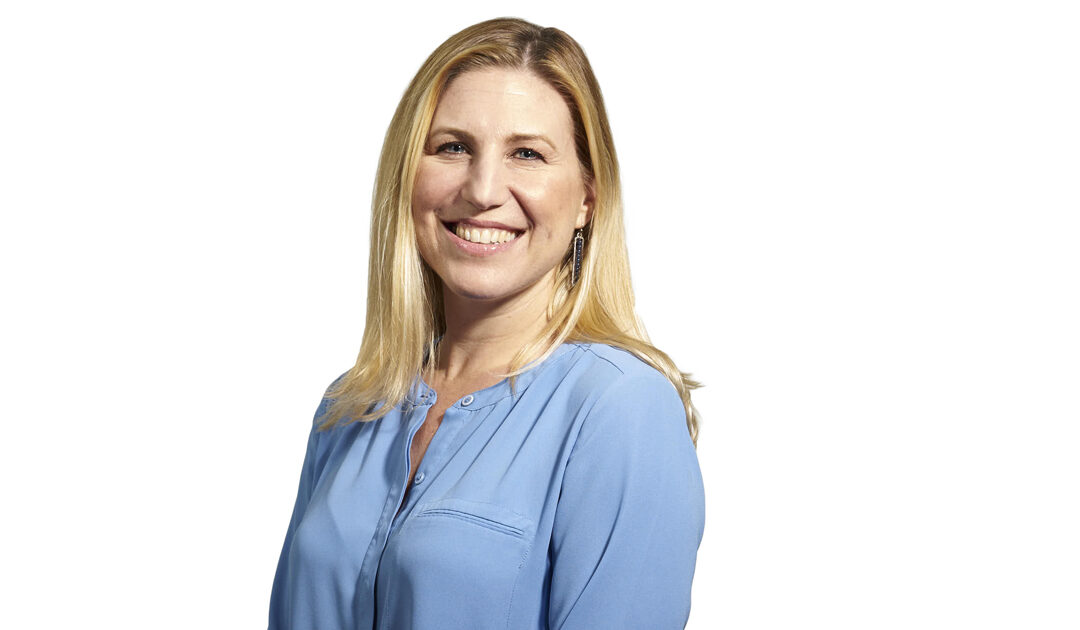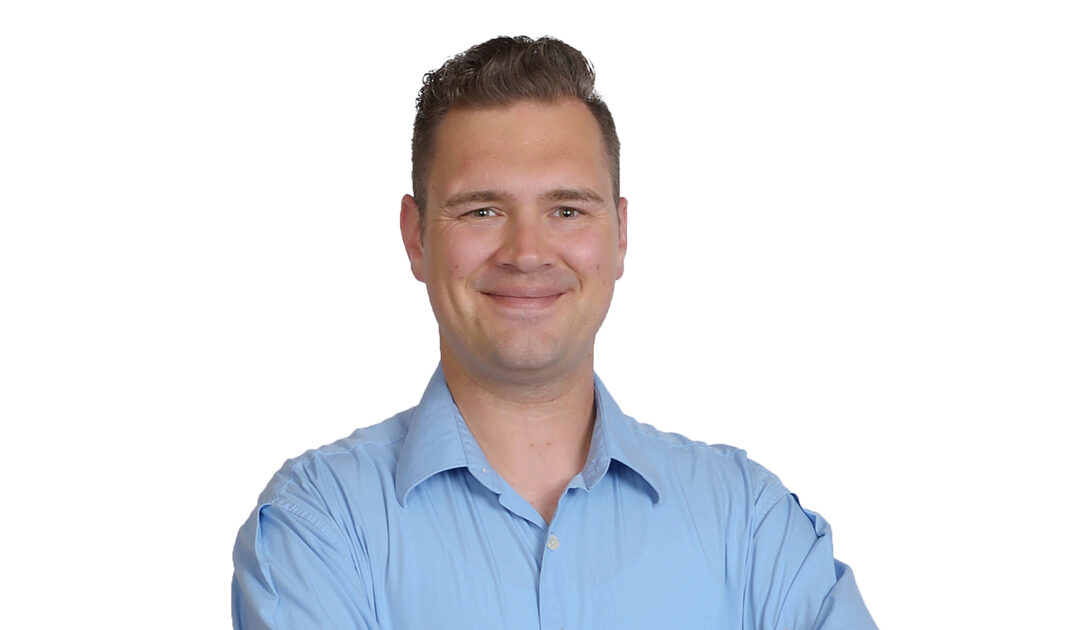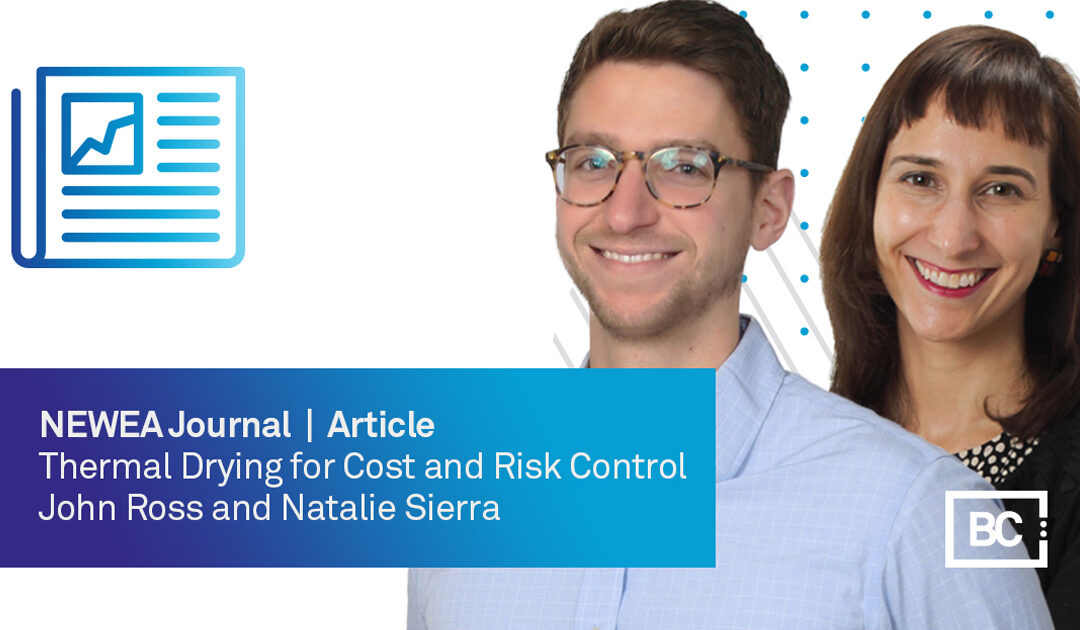WALNUT CREEK, Calif. — The Water Research Foundation (WRF) has granted $100,000 to Brown and Caldwell for the project, Developing a Framework for Quantifying Energy Optimization Reporting (5091). The framework developed through this project will help water and wastewater utilities make informed capital expenditure decisions and increase confidence in future energy efficiency and emission reduction projects.
Energy projects are often discretionary and initiated based on projected annual energy savings metrics. The water industry lacks standard energy savings estimation methods, as well as measurement and verification (M&V) approaches and procedures to quantify results. This inconsistency in variables and data collection can lead to inaccurate estimations and a lack of confidence in optimistic savings and capital cost forecasts for energy projects across the One Water cycle.
Partly funded by WRF via its Research Priority Program, the 24-month research project will develop a framework and methodology to scrutinize current pre-project energy savings estimation procedures and decision-making practices. Led by Brown and Caldwell, the project team includes 25 water and electrical utilities with established M&V knowledge to ensure reporting is data-driven, efficient, and grounded in utility experience. Around 35-40 completed energy projects will be analyzed to compare actual economic performance to the values forecast before project commencement. Several academia and industry associations are also on the project team.
“We use energy management to not only contain expenses in our wastewater operations, it’s one of our strategies for sustainability. We aim to minimize our environmental impact and plan for affordable treatment services in the long term for the Twin Cities region. We’re sharing some of our energy projects as case studies in this research effort. Having industry standards for energy savings estimates will help us build the business case for energy efficiency investments and make it easier to position our projects with our electric utility partners to obtain incentives.”
David Ponder, environmental analyst, Metropolitan Council Environmental Services
Upon completion, the project results will increase confidence in the economic feasibility and energy reduction impact analyses used by water and wastewater utilities to determine energy project viability. The research will lay a foundation for future economic feasibility evaluations and post-construction measurement and verification of energy performance.
Project deliverables include a report detailing the framework for new/planned projects and a standardized reporting template to assess projects against key performance indicators. The report will consist of analyses of the completed projects with before and after data comparisons and a results summary of the energy efficiency upgrades. A webcast describing the project’s findings will be included.
The recently commenced study is scheduled for completion by spring 2023.
###
About The Water Research Foundation
The Water Research Foundation (WRF) is the leading research organization advancing the science of all water to meet the evolving needs of its subscribers and the water sector. WRF is a nonprofit, educational organization that funds, manages, and publishes research on the technology, operation, and management of drinking water, wastewater, reuse, and stormwater systems—all in pursuit of ensuring water quality and improving water services to the public. For more information, visit www.waterrf.org
###
ST. PAUL, Minn. — Leading environmental engineering and construction firm Brown and Caldwell today announces Tracy Ekola has joined the company as vice president and senior director of client services for the Midwest region. The strategic hire highlights the firm’s continued expansion to better serve clients in the Midwest’s municipal and private water, wastewater, and stormwater sector.
Ekola brings an impressive 28-year environmental engineering and construction background with a record of effective business growth and project team leadership in the Upper Midwest. She has held executive/regional leadership roles and served as a design-build board member in past organizations. Using her design, project management, environmental permitting, planning, and construction inspection and administration expertise, Ekola has led numerous high-profile environmental projects at municipal and industrial water and wastewater treatment facilities.
Outside of project responsibilities, her significant professional association involvement has seen her undertake several roles at both state and national levels, including serving as an executive committee member of the Minnesota Environmental Science and Economic Review Board for the past decade.
Based in Saint Paul, Minnesota, Ekola will have operational responsibilities for Brown and Caldwell’s Minnesota, Wisconsin, Iowa, Missouri, and Illinois operations. She will align municipal and private clients with the firm’s innovative, cost-effective technical solutions to solve the region’s most complex water-related and environmental challenges.
“I am pleased to welcome a highly respected leader of Tracy’s caliber to our established and expanding Midwest business. Her technical acumen will be of much benefit to our clients as the region prioritizes integrated planning and watershed approaches to address nutrient management, emerging contaminants, and infrastructure renewal.”
Brown and Caldwell Vice President and Midwest Area Lead Tim Block
Ekola holds a bachelor’s in civil engineering from the University of Minnesota, Twin Cities, and is an alumna of the Stanford Graduate School of Business Executive Education Program. She is a licensed professional engineer in 11 states.
WALNUT CREEK, Calif. — Brown and Caldwell today announced Michael Karl has been recognized by The Smart Water Networks Forum (SWAN) with an Outstanding Leadership Award for his contributions toward advancing digital twin architecture, a breakthrough optimization technology for the water industry.
Karl received the award for leading a SWAN panel of worldwide digital technologists, modeling experts, and engineers from 2019 through 2020 to develop the industry-first reference architecture for digital twin. The architecture serves as a base map for utilities on planning and implementing digital twins and continues to be referenced throughout the industry today.
The leading global hub for the smart water sector, SWAN, is a non-profit that brings together leading international water utilities, solution providers, academics, investors, regulators, and other industry experts to accelerate the awareness and adoption of data-driven solutions in water and wastewater networks globally.
Karl’s achievement was formally announced during SWAN’s recent virtual Smart Water Week.
“We are pleased to reward Michael’s significant contributions to the advancement of the water industry, not to mention his dedication as a global volunteer and leader in the fast-growing SWAN Digital Twin Work Group, where he passionately supports SWAN’s mission to accelerate data-driven solutions.”
SWAN Executive Director Amir Cahn
In the water industry, a digital twin is a water system or asset replicated in an interactive virtual environment. In near-real-time, a digital twin is a dynamic representation of a real-world system used to describe, diagnose, predict, and optimize through actions enabled by a combination of models and data, both static and dynamic. Benefits include accurately predicting and preparing for seasonal or climate-driven changes in conditions; cataloging and analyzing asset and operations health to optimize operational and utility investments; and simulating “what-if” scenarios for training in a safe environment without risk to personnel, infrastructure, or compliance.
Long-term benefits include enhancing water reuse, wastewater, and drinking water systems through improved planning, continuity of service, cost savings, and asset management strategies.
Karl has been providing automation and digitization services to the water industry for over 20 years. As Brown and Caldwell National Optimization Services Leader, he works with the firm’s optimization team to help utility operators work with digital twins as their reliable “co-pilot.” This allows decision-makers to shift from burdensome data crunching, enabling them to view the system holistically and keep essential infrastructure performing effectively and without incident.
BOULDER, Colo. — The City of Boulder, Colorado, has engaged Brown and Caldwell to provide professional engineering and design services at the City’s Betasso Water Treatment Facility (BWTF) to address aging infrastructure and enhance disinfection and corrosion control systems.
Built in 1964 and significantly renovated in 2018, the BWTF is Boulder’s primary drinking water treatment facility, with a capacity of 40 million gallons per day (MGD). The conventional surface water treatment plant is located in the foothills west of Boulder. It treats water from North Boulder Creek and Barker Reservoir.
Consistently providing high-level service to water customers, findings from the City’s 2019 Asset Inventory & Maintenance Project highlighted various aging and critical components at the BWTF requiring capital repair and replacement, regular maintenance, and improvements to meet the City’s level of service goals.
“The City is dedicated to maintaining and improving the quality of life in Boulder by planning for future needs, promoting environmental quality, building and maintaining municipal infrastructure, managing public investments, and protecting health and safety. This important project will play a key role in meeting level of service goals, maintaining a reliable water supply, and preventing infrastructure constraints related to city-wide development, redevelopment, sustainability, and resilience goals.”
City of Boulder Public Works Engineering Services Manager Stephen Grooters
The improvements will increase resiliency and enhance redundancy for pH & corrosion control systems, disinfection, backwash supply, and primary facility source water feed piping.
Upon completion, the facility will be equipped with twin 20 MGD treatment trains allowing major infrastructure to be out of commission for future maintenance or emergencies without service interruptions while continuing to meet increasingly stringent regulations.
“We look forward to working with the City and its stakeholders to provide solutions to help maintain a resilient, safe, and reliable water supply that follows industry best practices,” said Brown and Caldwell Project Manager Laurie Sullivan.
Construction is scheduled for completion by spring 2024.
WALNUT CREEK, Calif. — The California Urban Water Agencies (CUWA) today announces Brown and Caldwell’s Wendy Broley will assume the role of executive director effective July 1, replacing Cindy Paulson after 10 years in the role.
CUWA is a non-profit corporation of 11 major urban water agencies responsible for serving drinking water to over two-thirds of California’s population. The collective voice for the largest urban water purveyors in the state, CUWA provides a technical perspective to promote common understanding and consensus solutions among the urban water community.
Under the 10-year leadership of Executive Director Cindy Paulson, CUWA has established itself as an authority on water finance, affordability, and rural water accessibility, culminating in a Water Research Foundation (WRF) report with the Pacific Institute: Solutions for Underperforming Drinking Water Systems in California. During Paulson’s tenure, CUWA has also emerged as a technical leader on potable reuse, water supply reliability, and emerging contaminants, in addition to initiating significant efforts on diversity, equity, and inclusion.
“We value the legacy and transformative influence Cindy leaves behind as she passes the baton to a very well-respected water expert in Wendy.”
Outgoing CUWA Board Chair Robert Shaver
As Brown and Caldwell One Water leader, Broley has earned a growing reputation in evaluating alternative water uses and developing diverse and resilient water supply portfolios to meet 21st-century challenges. Her 20 years of engineering and operations expertise includes integrated One Water policy, strategic planning, and process engineering for a host of membrane and advanced treatment systems for potable reuse, surface water treatment, and groundwater desalination applications. She played a vital role as co-principal investigator for WRF’s Blueprint for One Water research project.
A long-term CUWA staff member, Broley has facilitated numerous committees encompassing water reuse, equity, innovation, and digital transformation, as well as advancing technical studies for California water policy, including Building a Framework for Potable Reuse Operator Certification and Adapting to Change: Utility Systems and Declining Flows. More recently, she facilitated CUWA’s strategic planning workshops in FY20 and FY21.
“It has been my honor and privilege to work with CUWA and all the dedicated leaders and staff associated with our 11 member agencies over the last decade,” said Paulson. “In Wendy, CUWA is getting a passionate, knowledgeable, and committed professional who will be a terrific asset in CUWA’s ongoing mission to advance reliable, high-quality urban water supplies in a cost-effective manner for the public, the environment, and the economy.”
Broley holds a bachelor’s in chemical engineering from the University of California, San Diego, and is a licensed professional engineer in California.
###
About CUWA
Established in 1990, the California Urban Water Agencies (CUWA) is a nonprofit corporation of 11 major urban water agencies that are responsible for delivering drinking water to about two-thirds of California’s population. As the collective voice for the largest urban water purveyors in California, CUWA provides technical perspective to promote common understanding and consensus solutions among the urban water community. CUWA agencies include Alameda County Water District, City of Fresno, Contra Costa Water District, East Bay Municipal Utility District, Los Angeles Department of Water and Power, City of San Diego Public Utilities Department, Metropolitan Water District of Southern California, San Diego County Water Authority, San Francisco Public Utilities Commission, Santa Clara Valley Water District, and Zone 7 Water Agency. For more information, visit www.cuwa.org
###
